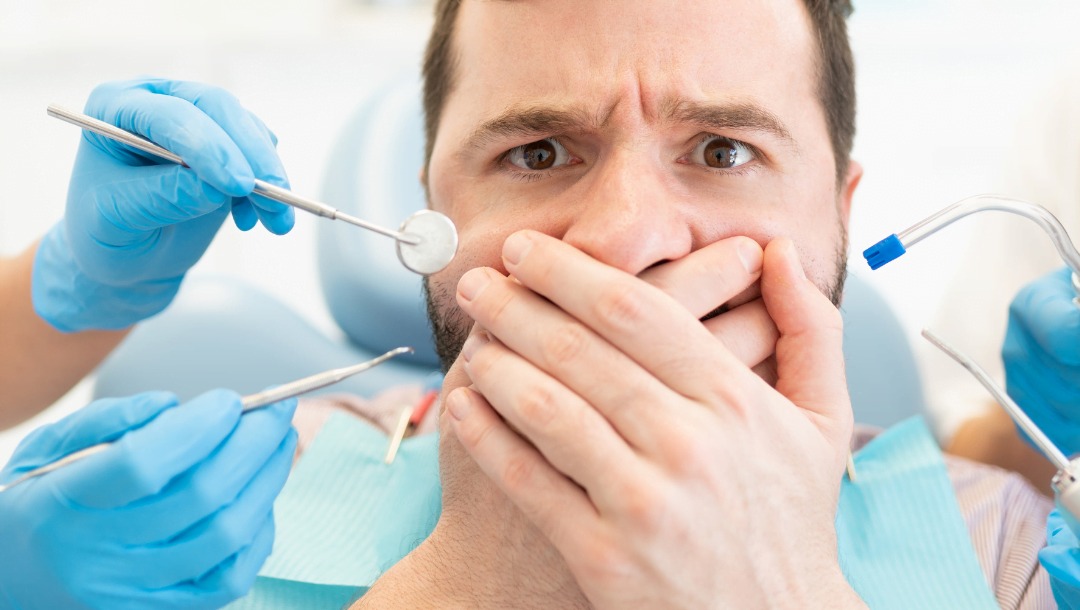Meditation: How It Can Ease Bruxism Woes
Bruxism, often known as teeth grinding, is more than just a nuisance. It’s a pervasive issue that many grapple with, particularly during the still of the night. The quest for relief has led sufferers down various paths, but one avenue that’s gaining traction is meditation. This age-old practice, rooted in mindfulness and relaxation, is showing promise in mitigating the discomforts of bruxism.
Discovering the Root: Understanding Bruxism
Before diving into the soothing world of meditation, it’s crucial to get to grips with what bruxism really entails. It’s not merely about teeth grinding; it’s a complex condition influenced by a multitude of factors, including stress, anxiety, and even sleep disorders. This condition doesn’t just threaten dental health; it’s also a source of headaches, jaw pain, and can significantly impair one’s quality of life.
Meditation: The Path to Relaxation
Meditation, in its essence, is a journey inward, a practice of focusing the mind and achieving a state of deep peace. It’s about being present in the moment, acknowledging thoughts and feelings without judgment. For those wrestling with bruxism, meditation offers a refuge, a way to dial down the stress and anxiety that often fuel this condition.
The Science Speaks: Meditation and Stress Reduction
Research underlines the effectiveness of meditation in reducing stress. Studies have shown that regular meditation practice can lower levels of cortisol, the stress hormone, thereby alleviating stress and anxiety. This is particularly relevant for bruxism sufferers, as stress is a significant trigger for teeth grinding.
Integrating Meditation into Your Routine
Embracing meditation doesn’t require upending your entire schedule. It’s about integrating small, manageable practices into your daily life. Starting with just a few minutes a day can make a difference. Techniques such as guided meditation, mindfulness, and even simple breathing exercises can serve as a gateway to a more serene mind and a reduction in bruxism symptoms.
Beyond Relaxation: The Holistic Benefits
The benefits of meditation extend far beyond just stress reduction. Improved sleep quality, enhanced focus, and even better overall health are among the myriad advantages reported by regular practitioners. For those battling bruxism, the improved sleep quality can be a game-changer, offering not just relief from teeth grinding but also a more restorative night’s sleep.
Meditation’s role in combating bruxism is a testament to the power of the mind in influencing physical health. While it may not replace traditional treatments, it stands as a formidable ally in the fight against this condition. By fostering a state of calm and relaxation, meditation can significantly mitigate the triggers of bruxism, offering a path towards not just dental health, but overall well-being.
Charting a New Course: Meditation as a Lifestyle
Adopting meditation is more than just a technique; it’s a lifestyle choice. It encourages a shift in perspective, a reevaluation of how we react to stress and anxiety. For those dealing with bruxism, incorporating meditation into their lives can be transformative, offering a holistic approach to managing the condition.
The narrative surrounding bruxism is changing. No longer seen through just a medical lens, the condition is being approached with a more holistic perspective, with meditation at the forefront. This shift not only highlights the interconnectedness of mind and body but also empowers individuals to take control of their health in a more natural, gentle way.
In the fight against bruxism, meditation emerges not just as a remedy but as a beacon of hope. It represents a movement towards wellness, a step away from the mechanical and into the mindful. For those seeking relief from the clutches of teeth grinding, meditation offers a serene path forward, a promise of peace not just for the jaw, but for the soul as well.
This fresh perspective on tackling bruxism underscores the versatility and power of the practice. It’s a reminder that sometimes, the best solutions come not from the external, but from within, from the quiet spaces of our minds. As more individuals discover the benefits of this practice, the narrative of bruxism and its management is poised for a hopeful, holistic transformation.




